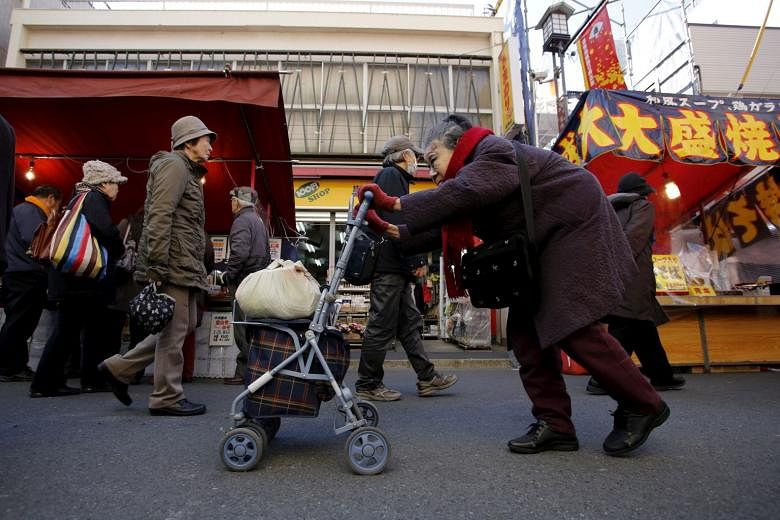Japan has long been known for its widespread respect for its seniors and a powerful sense of obligation to care for them. The involvement and responsibility of the family members in care was even formally embodied in the "Japanese style welfare state".
Yet as the demographic structure of society has changed, and the population has progressively aged - Japan has the oldest population in the world - the provision of care is increasingly seen as a social (and not exclusively a family) concern.
Already a subscriber? Log in
Read the full story and more at $9.90/month
Get exclusive reports and insights with more than 500 subscriber-only articles every month
ST One Digital
$9.90/month
No contract
ST app access on 1 mobile device
Unlock these benefits
All subscriber-only content on ST app and straitstimes.com
Easy access any time via ST app on 1 mobile device
E-paper with 2-week archive so you won't miss out on content that matters to you

